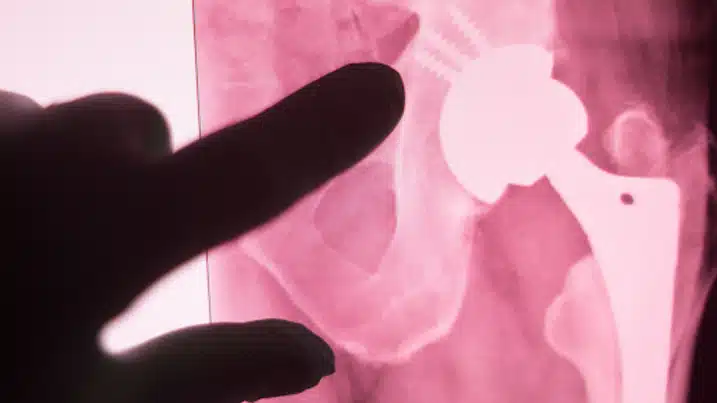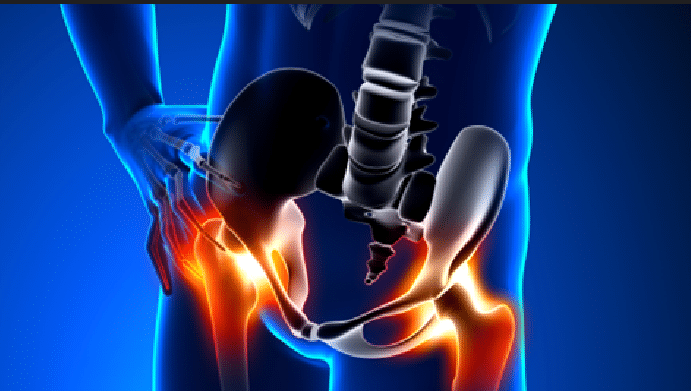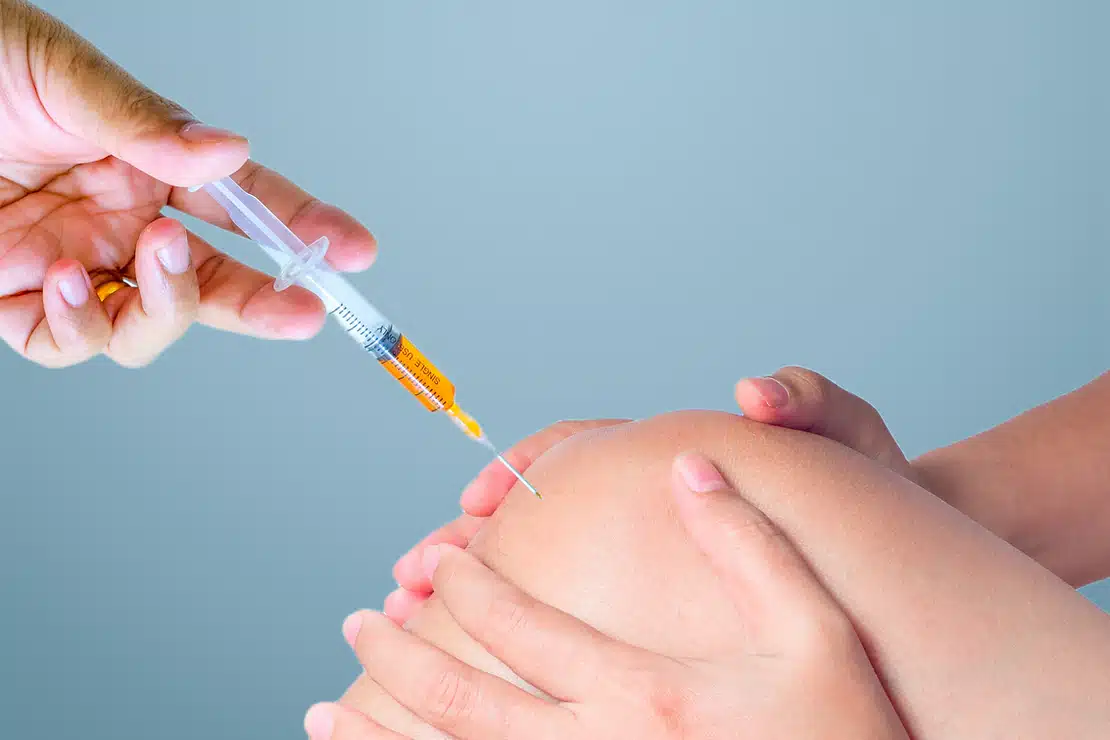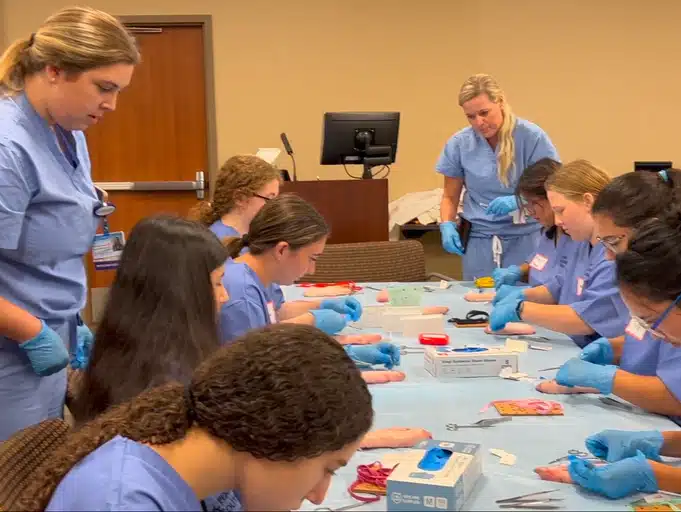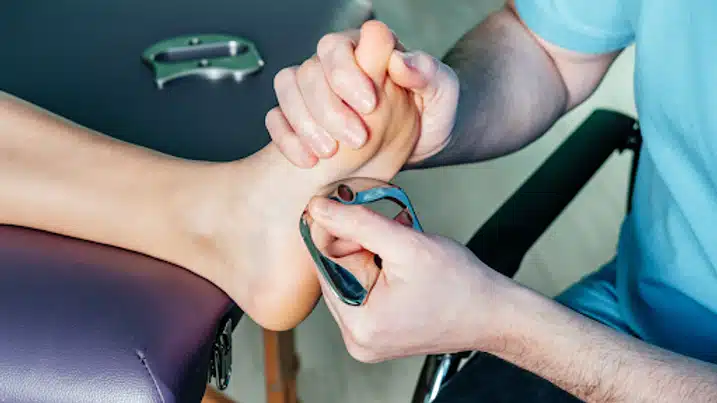If you have discovered that you’ve been less active because of your hip or knee joint discomfort due to osteoarthritis or other conditions, you might be a candidate for total joint replacement.
Osteoarthritis, a degenerative condition, damages the joint where they contact each other, which can also affect the surrounding muscles. When muscles aren’t used, they become weak and don’t perform well in supporting and moving your body. The surgeon replaces a damaged joint with a prosthesis during the procedure to help improve range of motion and remove discomfort. The joint can last for many years but may need to be replaced with a new one using revision joint surgery.
Having your hip replacement surgery will correct the joint problem. Still, you will need a regular exercise program to strengthen your muscles and properly support your new joint, both before and after the procedure.
Here are some tips to prepare you, mentally and physically, for your procedure:
Learn about the procedure. Before you check into the hospital, find out everything you can about total joint replacement surgery, the type of joints to choose from, and what to expect during recovery.
Write down questions for your surgeon and care team. You will have many things to ask about, but it may be hard to remember them all when you’re sitting in the office. Write down a list beforehand so you’ll be prepared for your appointment.
Begin an exercise program before surgery, or “prehab.” It will speed up and enhance your recovery period. If you’re overweight, try to lose a few pounds. Focus on muscles to build up your strength. A strong upper body will make it much easier to get around on crutches or a walker. Ask your orthopedic surgeon and physical therapist to assign the best exercises for you and your hip.
Meet with a physical therapist. It’s helpful to do this before your surgery. The right exercises are critical to a good recovery and a successful procedure. As stated previously, muscle strengthening exercises are crucial, and performing them in deep water (with the help of a therapist) will offset the stress that the hip region will undergo during surgery. The muscles will absorb the shock instead of your joints, thus strengthening your entire body. Remaining active and keeping your body strong will prepare your body for the stress of upcoming surgery. Plus, if you know how to do some exercises before your operation, they will be easier to do while recovering.
The best results come from those who are well-prepared and not surprised by things. The more knowledge you have ahead of time, the better you’ll do afterward.”
From arthritis in your knees and hips to upper and lower extremity pain, the experts at Florida Joint Care can help you discover the root cause of that joint pain and talk to you about the best options to put you on the road to recovery. We offer orthopedic services, physical therapy, and other services to help you get your body back on track.
To schedule an appointment with one of our skilled and compassionate orthopaedic practitioners, call us at 727-372-6637 or text 727-477-9453 today!


